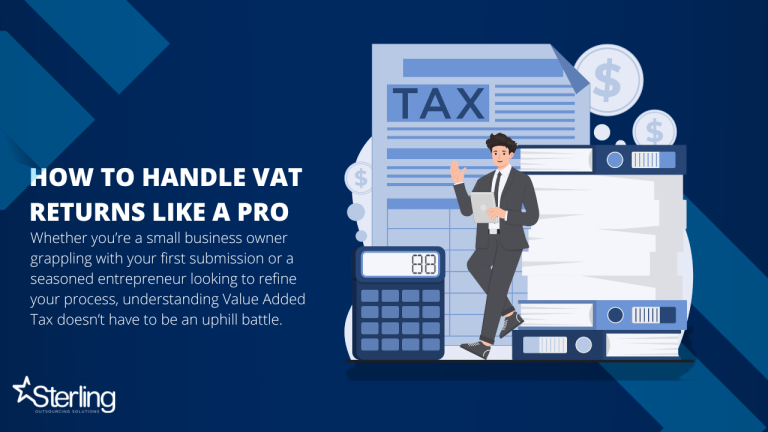Benefits of Automation in Accounting Practice Management
Increased Efficiency
Automation eliminates repetitive tasks such as data entry, reconciliation, and report generation. This frees up valuable time for accountants to focus on higher-value activities, such as financial analysis and strategic consulting.
Enhanced Accuracy
Human error is a common issue in manual processes. Automation reduces the risk of errors by minimising manual intervention. This leads to more accurate financial reports and improved decision-making.
Improved Compliance
Staying compliant with complex tax regulations and financial standards can be challenging. Automation tools can help ensure compliance by automating tasks such as tax calculations, VAT returns, and financial reporting.
Better Client Service
By streamlining processes and reducing turnaround times, automation enables accountants to provide better client service. Clients can expect faster responses, timely reports, and proactive financial advice.
Cost Reduction
While the initial investment in automation tools may be significant, the long-term benefits can outweigh the costs. Automation can reduce labour costs, minimise errors, and improve overall efficiency, leading to cost savings.
Top Tools and Software for Automated Accounting
A variety of tools and software are available to help accountants automate their practice management. Some of the most popular options include:
-
Accounting Software
Cloud-based accounting software like Xero, QuickBooks Online, and Sage Intacct offer a range of automation features, including automated bank feeds, invoice generation, and expense tracking.
-
Workflow Automation Tools
Tools such as Zapier and IFTTT can be used to automate repetitive tasks and integrate different software applications, streamlining workflows.
-
Document Automation Software
Software like DocuSign and Adobe Sign can automate the process of creating, signing, and storing documents, reducing manual paperwork.
-
AI-Powered Tools
Artificial intelligence (AI) is revolutionising the accounting industry. AI-powered tools can automate tasks like data entry, invoice processing, and financial forecasting.
Benefits of Outsourcing for Accounting Practice Management
Outsourcing certain accounting tasks can further enhance efficiency and reduce costs. By outsourcing non-core functions, such as bookkeeping, payroll, and tax preparation, accounting firms can focus on high-value services.
Outsourcing offers several benefits, including:
- Cost Reduction:
Outsourcing can reduce labour costs as well as overhead expenses like office space and equipment. - Scalability:
Outsourcing allows firms to scale their operations quickly to meet fluctuating workloads. - Access to Expertise:
Outsourcing provides access to specialised expertise, such as tax specialists and industry experts, without the need to hire full-time staff. - Focus on Core Competencies:
By outsourcing non-core functions, firms can focus on their core competencies, such as financial analysis and strategic consulting.
The Future of Automated Accounting Practice Management
The future of accounting practice management is bright, with automation playing a pivotal role. As technology continues to advance, we can expect to see even more innovative automation tools and solutions.
Some of the trends shaping the future of automated accounting include:
- Increased Use of AI and Machine Learning
AI and machine learning will be used to automate more complex tasks, such as financial forecasting, risk assessment, and fraud detection. - Blockchain Technology
Blockchain can revolutionise the accounting industry by providing a secure and transparent way to record transactions. - Real-Time Financial Data
Real-time financial data will enable accountants to provide timely insights and make informed decisions. - Remote Work and Collaboration Tools
Remote work and collaboration tools will continue to be essential for accounting firms, enabling seamless communication and collaboration between team members.
By embracing automation and outsourcing, accounting practices can improve efficiency, reduce costs, and enhance client service. The future of accounting is digital, and those who adapt to these changes will thrive.




